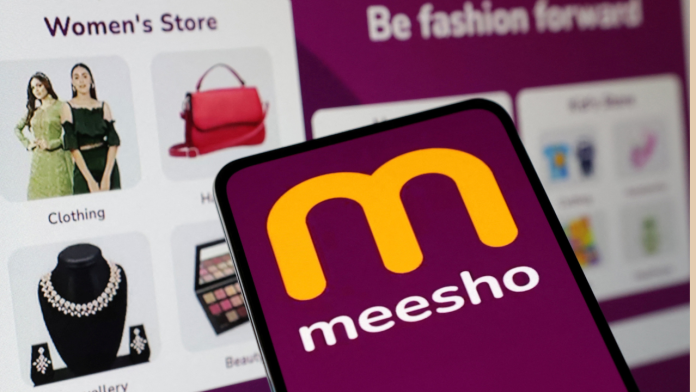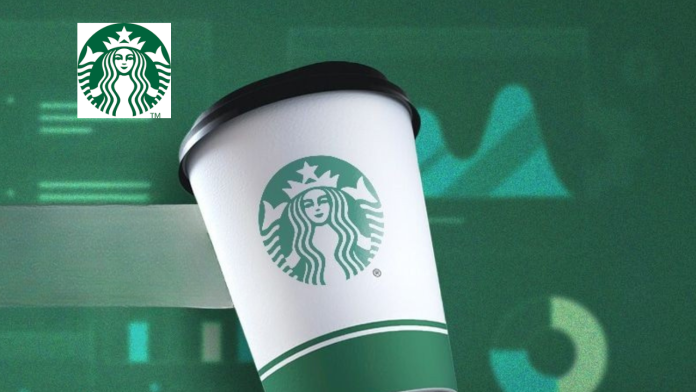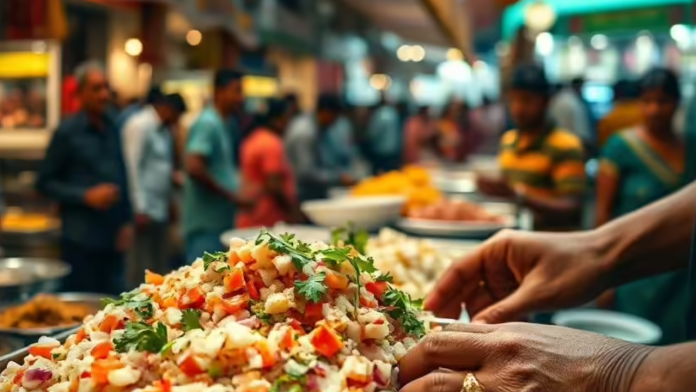Wipro Consumer Care & Lighting is preparing to enter India’s rapidly growing pet food market with a new brand, HappyFur, set to launch within the next 6–12 months. Trademark approval for the brand was granted in July, signaling that the company is moving swiftly to establish its presence in a sector that has seen significant momentum in recent years.
The pet food industry in India, valued at nearly USD 2.4 billion, has been expanding at double-digit rates, driven by rising pet ownership, a shift from homemade to packaged nutrition, and a growing preference for premium products. E-commerce and direct-to-consumer platforms have further accelerated growth, while urban consumers increasingly seek functional and natural ingredients for their pets. Local and international players such as Nestlé’s Purina, Mars Petcare, Drools, and Heads Up For Tails have scaled aggressively, and Wipro’s entry is expected to heighten competition, particularly in the mass-premium and value segments.
Industry insiders say Wipro’s expansion into pet care is backed by prior strategic moves. Earlier this year, the FMCG arm invested in Goofy Tails, a Delhi-based direct-to-consumer brand, providing insights into consumer behaviour, pricing strategy, and product positioning. The launch of HappyFur marks Wipro’s first direct foray into packaged pet nutrition, spanning both offline and online channels.
The company is expected to leverage its robust FMCG distribution network, marketing expertise, and brand recognition to gain an edge in a competitive market. Analysts note that the brand could reshape category dynamics by offering domestically manufactured, high-quality pet nutrition products at competitive price points.
With development underway, HappyFur is likely to hit stores and online platforms between mid-2025 and mid-2026, bringing new options to pet owners across India and reinforcing Wipro’s broader ambitions in consumer-centric FMCG segments. The move positions the company to tap into one of India’s fastest-growing lifestyle markets, combining pet wellness trends with established supply chain and brand capabilities.










